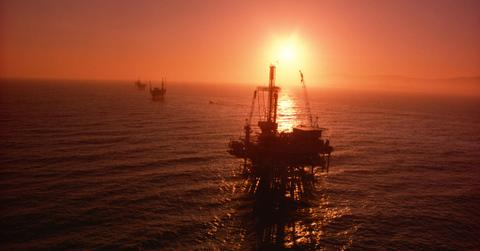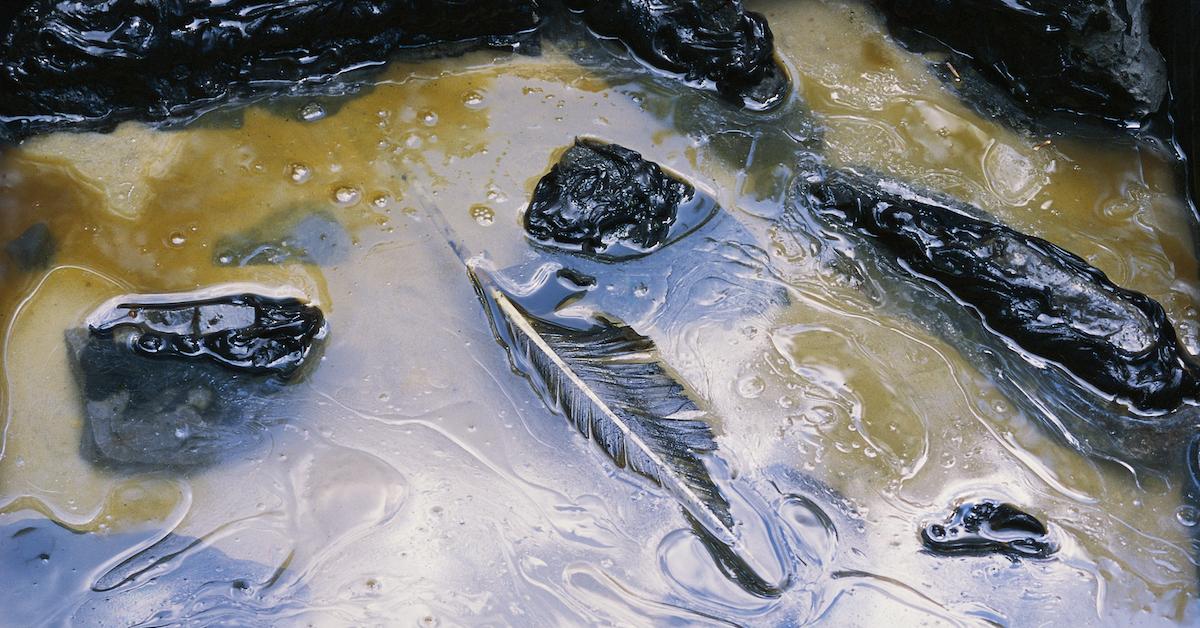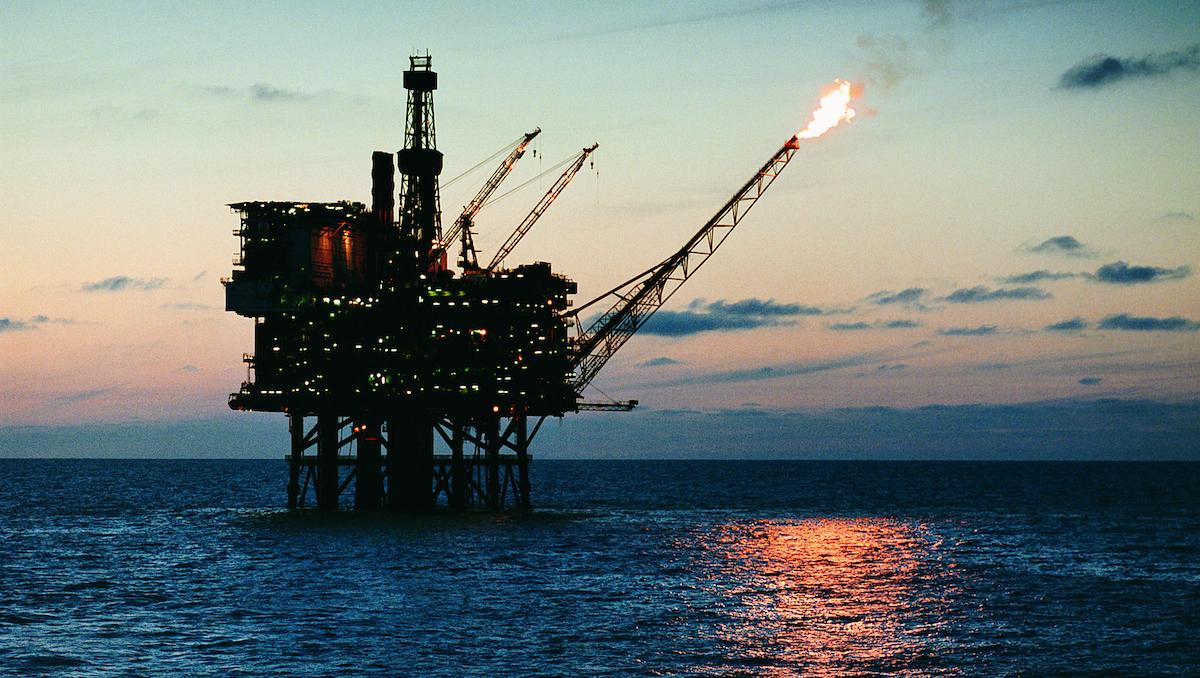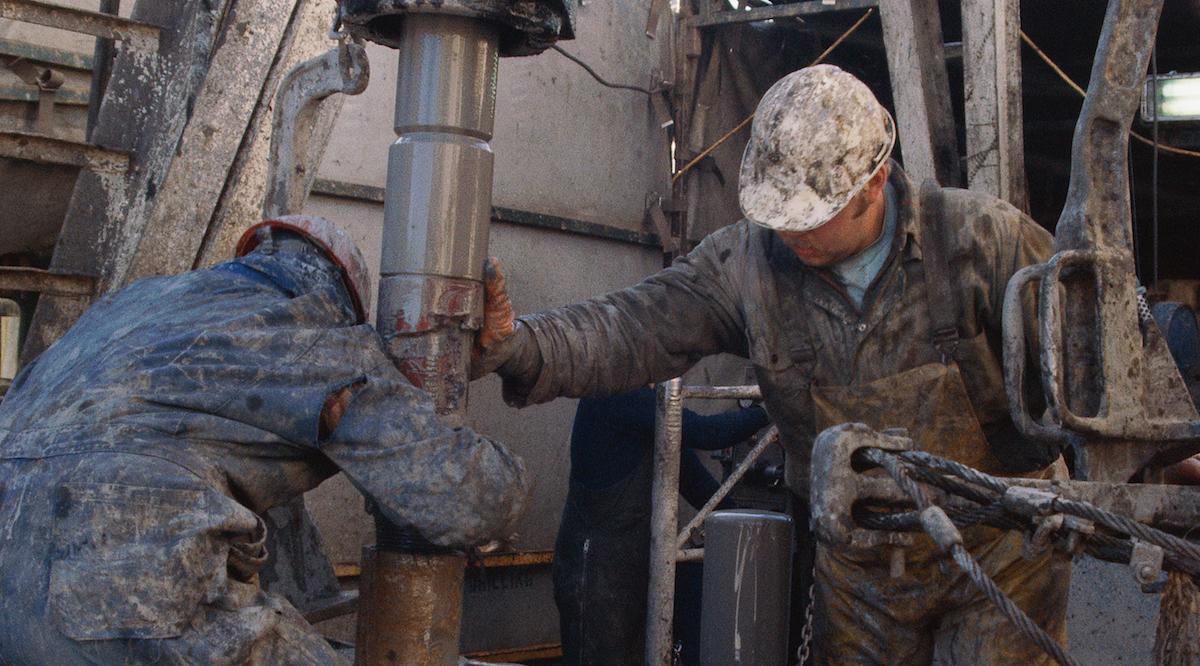Offshore Drilling: It's Dangerous, Pollutive, and Wholly Unnecessary
Published Oct. 21 2021, 10:25 a.m. ET

Offshore drilling is the mechanical process by which oil companies extract petroleum from beneath the seabed. Because fossil fuel companies repeatedly assure the public that there is no danger to their processes, many are surprised to find out why offshore drilling is bad, and how this dangerous, environmentally pollutive process is more trouble than it’s worth.
Offshore drilling is bad for the environment in every way.
The dangers posed by offshore drilling are myriad. The process itself poses a risk to local wildlife, local human populations, wetlands, and beaches. Basically, if it lives and breathes near the ocean, offshore drilling will affect it in a negative way. Most of these dangers happen during oil spills, mind you, but ocean pollution seems part and parcel of the whole drilling process.
According to the Chesapeake Bay Foundation, oil spills release 157,000 barrels of oil into the ocean each year. These spills can come from a variety of sources, including pipelines, tankers, oil platforms, and coastal facilities. This oil is toxic if ingested and debilitating if it winds up attached to birds, mammals, or other marine animals. Over the years, oil spills have upset huge swaths of marine plant and animal populations.
Nevertheless, the drilling process itself also creates its fair share of pollutants. According to Beachapedia, the drilling fluids, called muds, contain toxic and sometimes radioactive compounds such as arsenic and benzene. Volatile organic compounds, greenhouse gases like methane, and air pollutants are also created during the drilling process, which create long-term environmental problems across the globe.

Offshore drilling isn't worth the risk.
Offshore drilling advocates will argue that our current energy concerns and global economy necessitate a need for undersea sources of oil. But there are a few good reasons why this is just not true. First, according to the World Economic Forum, renewable energy sources have been the most cost-effective sources of energy since 2020. This is reflected by the fact that many countries are already trying to move away from fossil fuels.
With fossil fuels becoming increasingly obsolete, offshore drilling becomes a superfluous and costly process that carries huge, unnecessary risks for coastal habitats and economies. According to Oceana, many coastal economies rely on clean beaches, shorelines, and marine habitats. The tourism and fishing industries provide jobs to millions across the world, and their livelihoods are needlessly put at risk by the presence of offshore oil concerns.

Offshore drilling sites are not safe for workers.
In 2010, BP’s Deepwater Horizon drilling platform exploded. According to Energy News, the event killed 11 workers and triggered one of the worst environmental disasters in recent history. 4 million barrels of oil went into the sea that day, killing thousands of fish, marine mammals, and seabirds in the bargain. The incident fouled the shoreline for 1,300 miles and revealed some serious safety gaps in day-to-day drilling operations.
And while safety provisions were improved across the board as a result of the incident, recent changes by the Trump administration have begun to strip down many of those protocols. According to Ocean Conservancy, several of these safety requirements have been stripped down, but the most egregious seems to be reduced testing requirements on oil rig blowout preventers, devices that are designed to prevent uncontrolled releases of oil from a well.

It’s easy enough to see why such an enterprise can be construed as bad. Drilling for oil hundreds of miles below the ocean’s surface and carrying it through pressurized pipes for weeks on end, basically invites misfortune. The oil companies can blame the bad press on accidents all they want, but there are obvious gaps in the system, and it seems like those with any stake in the business are doing all they can to avoid slowing things down to fix them.